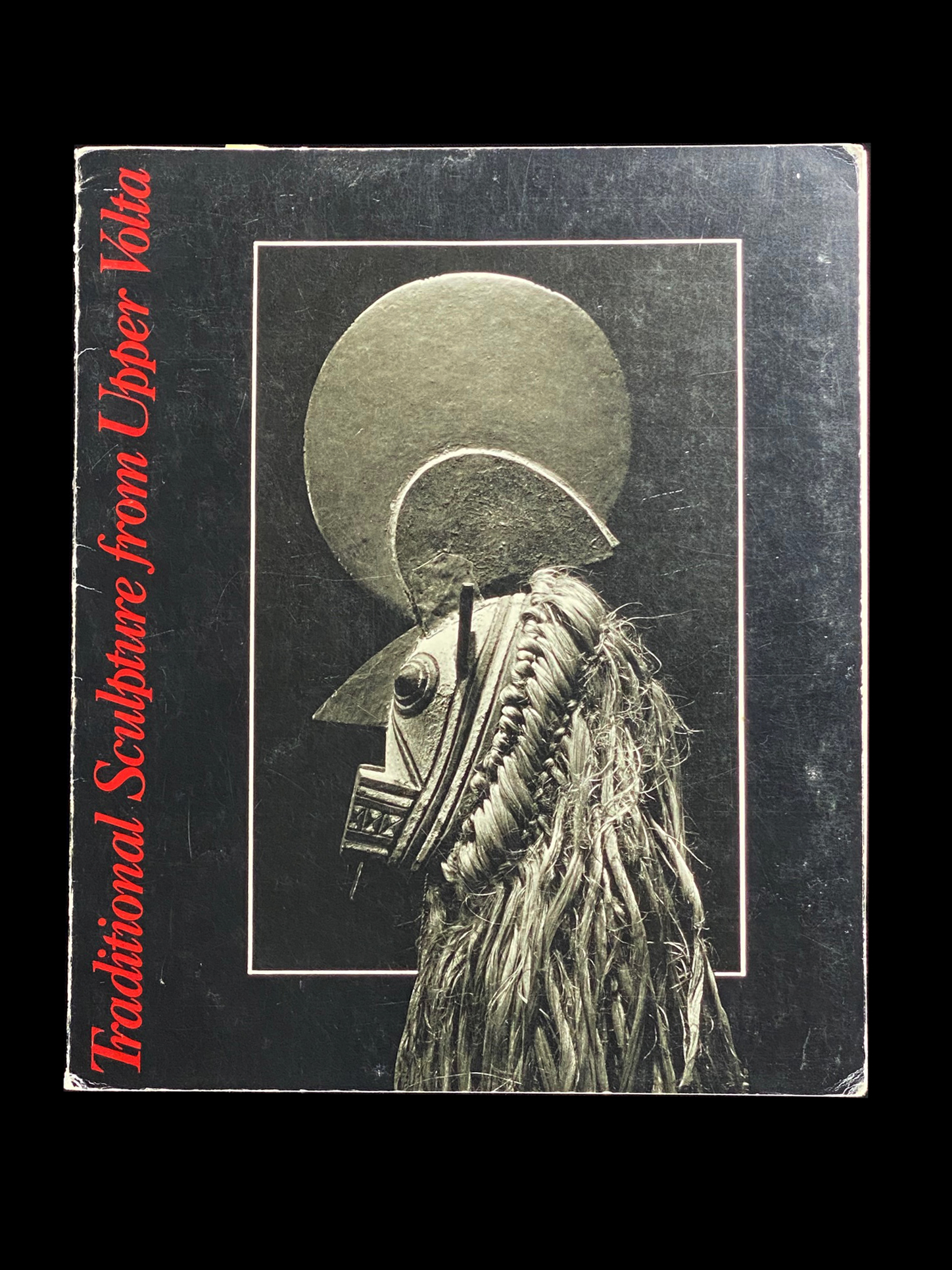

Thus the Burkina Faso is ‘ the land of upright people‘ or ‘ the land of honest people‘. Burkinafrom Mòoré means ‘ men of integrity‘, while Fasoin Diouala means ‘ fatherland‘. He chose two names after two main languages of the country: the Moore (or Mossi language) and the Dioula. Well, on 4 August 1984, Thomas Sankara, with his usual charisma and revolutionary spirit, decided to change the country’s name to Burkina Faso. No wonder the name needed to change, as it had no real meaning! Thomas Sankara a Ouagadougou

The Volta river also flew into Ghana, which was never known as the ‘Lower Volta’. Since the river had three tributaries: the Black Volta, the white Volta, and the red Volta, Upper Volta’s flag also had those three colors. Thus Upper Volta was named for the region above the Volta river flowing in the area the people of that country/area where thus known as the ‘Voltaics’ ( Voltaiques in French). Originally, Haute Volta or Upper Volta, was just given by the European colonizer, the French, more as an indicator or geographic pointer, and had no real attachment to the people of that region themselves. Burkina and then Faso? or even simply two names in its history: Upper Volta and then Burkina Faso? Well, the country named Upper Volta was given a new name in 1984 by then President Thomas Sankara, who chose the name Burkina Faso. Have you ever wondered about the name of the country Burkina Faso? Why would a country have two names, i.e.


 0 kommentar(er)
0 kommentar(er)
